
Radar | Mar 23,2019
Aug 1 , 2020
By HAGOS GEBREAMLAK ( FORTUNE STAFF WRITER )
Due to damage caused by power interruptions, two-thirds of the digital truck scales in the country are out of service and cannot monitor overloaded vehicles entering and leaving the country.
The Ethiopian Roads Authority (ERA) has been measuring overloaded trucks since June 2018 to protect roads and bridges from damage. The Authority operates 14 weighbridge stations, which measure axle loads on scales, at the roads that have higher traffic flow.
The scales with automatic data collection systems were installed with a 150-million-Br grant secured from the Japan International Cooperation Agency (JICA). All centres have machine scales that are 18 metres by three metres in size.
The scales were torn due to electric power interruptions, according to Abraham Abdela, road asset system management director at the Authority.
“The scales are sensitive," he said, "and were damaged by reduced power flow or power interruptions.”
Before June 2018, the country used to have 11 single-axle weighbridges, which were replaced by an automatic data collection system. While replacing the older scales, the Authority installed three new scales. The Japanese firm Yamato Scale Co., Ltd made and installed the scales.
The upgrade was made to modernise axle load control systems at strategic control points to strengthen the capacity for monitoring overloaded vehicles, according to Alemayehu Teresa, road safety and traffic management team leader at the Authority.
"The installation of the new scales decreased the measurement time of a six-axle vehicle from 180 seconds to only 10 seconds," he said.
Seven of the scales are located in Oromia Regional State, specifically at Sendafa, Modjo, Holeta, Sululta, Jimma, Shashemene and Alemgena. Tigray has two stations at Tik, located close to Dansha town, and Quiha, found three kilometres south of Meqelle.
Amhara and Afar regional states have two each: Semera and Awash in Afar and Kombolcha and Wereta in Amhara regional states. The remaining scale is located at Dengego in Somali Regional State.
Currently, only scales at Kombolcha, Awash, Jimma, Quiha and Semera are in service, and the Authority is using the single-axle weighbridges to monitor overloaded vehicle scales at the other stations.
The load controlling scales need 0.8 volts of electric power, but the flow of electricity to the weighbridges was often below what was needed and not sufficient to operate the machine scales, according to Abraham.
“Electric power insufficiency was the main reason for the breakdown of the computerised scales,” he said.
Due to electric flow instability, the machine scales began going out of service in October of last year. The first machine scale to go bust was in Dengego, located close to Dire Dawa, in October 2019, and the most recent was in Holeta two weeks ago.
There might be power fluctuations, particularly around the capital, because the weighbridge stations are located in industrial areas, according to Chala Bonsa, communications manager at Oromia Electric Utility.
"Most of the substations in the peripheral areas of the capital and adjacent locations such as Sendafa, Modjo, Holeta, Sululta and Alemgena are overloaded," he said.
As the weighbridge stations are far from the urban centres, there are also pole and tower thefts that disrupt the electric flow to the areas, according to Chala.
"The Authority has to make sure that the power supply to the stations is coming from less overloaded power substations to avoid the problem," Chala said.
The Japanese corporation that installed the machine has been repairing the scales when they stop operation. But the warranty period ended, and the Authority could not quickly fix them, according to Alemayehu.
"The weighbridges need new hardware, software and spare parts to be repaired," he said. "To procure the equipment and repair them was very difficult."
The Authority is now looking to float a tender to procure the spare parts and fix the weighbridges, according to Alemayehu.
During the last fiscal year, 148,000 vehicles or 690,000 axles were weighed via the weighbridges, and 47.8pc of these axles were found overloaded. The Authority allows a limit of eight tonnes to the front axle load and 10tn to the back axle load of vehicles. In the reporting period, the Authority collected 9.2 million Br from fines.
The Authority is currently drafting a regulation to rewrite the fines on overloaded trucks, according to Alemayehu.
Currently, when trucks are found overloaded, the Authority takes the owners and drivers to court and imposes a fine on them.
"The existing procedure doesn’t specify what specific fine must be imposed for what fault," he said.
With the regulation in the making, vehicles that were found overloaded will be fined automatically at the stations, according to Alemayehu.
The axle load scales are very indispensable to prevent road deterioration, according to Abebe Dinku, associate professor of civil engineering at Addis Abeba University.
The number and size of vehicles are increasing sharply, while the roads were constructed considering the traffic flow and load of the vehicles that existed years ago, he said.
Most of the roads in the country are not serving in line with the projections due to deterioration caused by heavy and unprecedented vehicles, according to Abebe.
The largest vehicle 10 years ago was an Italian-made truck that carried 150ql, but now there are heavy vehicles that carry around 400ql, he said.
The government should either construct the roads in consideration of heavier trucks or ban heavy vehicles altogether, recommended Abebe.
“The roads also needs routine and constant maintenance,” he said.
PUBLISHED ON
Aug 01,2020 [ VOL
21 , NO
1057]

Radar | Mar 23,2019
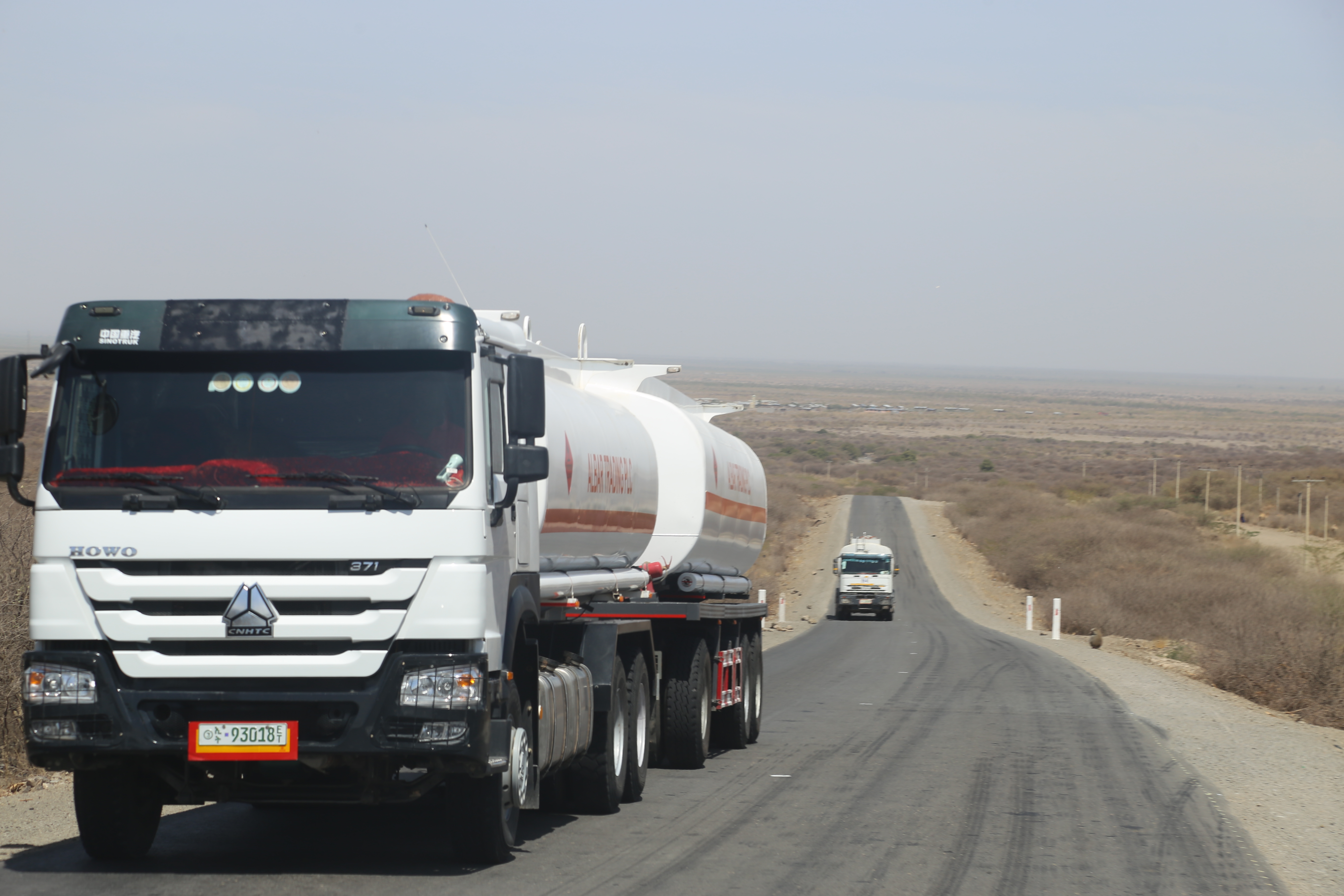
Fortune News | Nov 27,2018
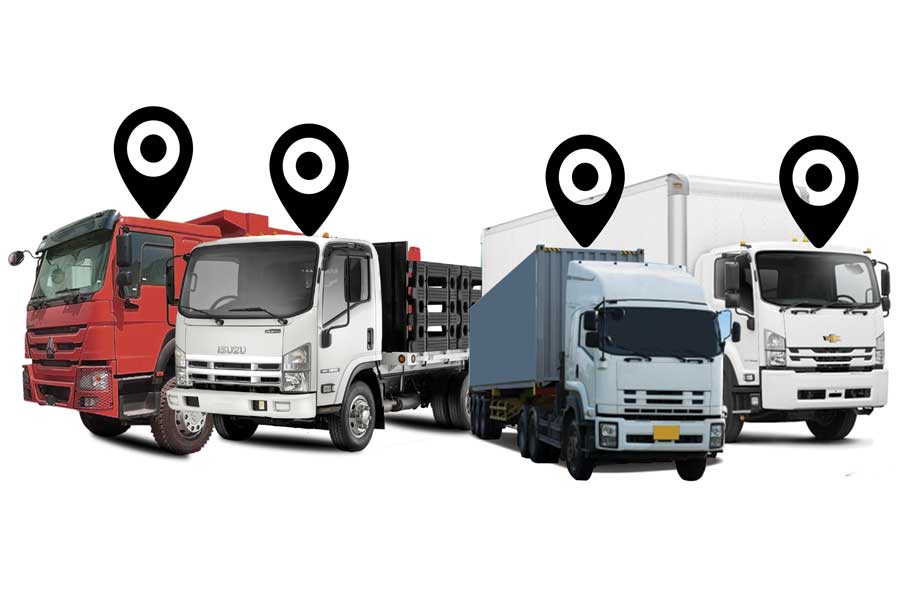
Featured | Oct 12,2019
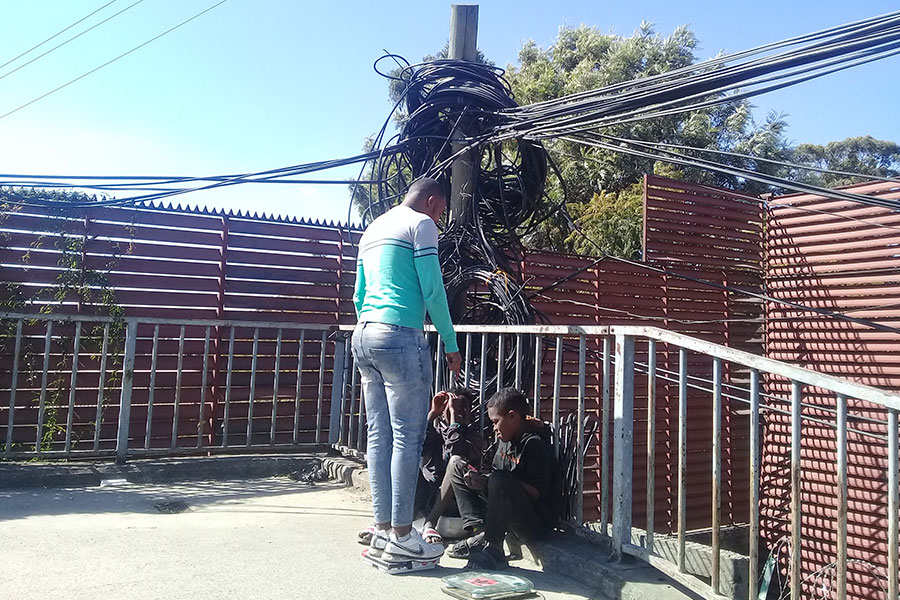
Radar | Dec 19,2021

Fortune News | May 09,2020
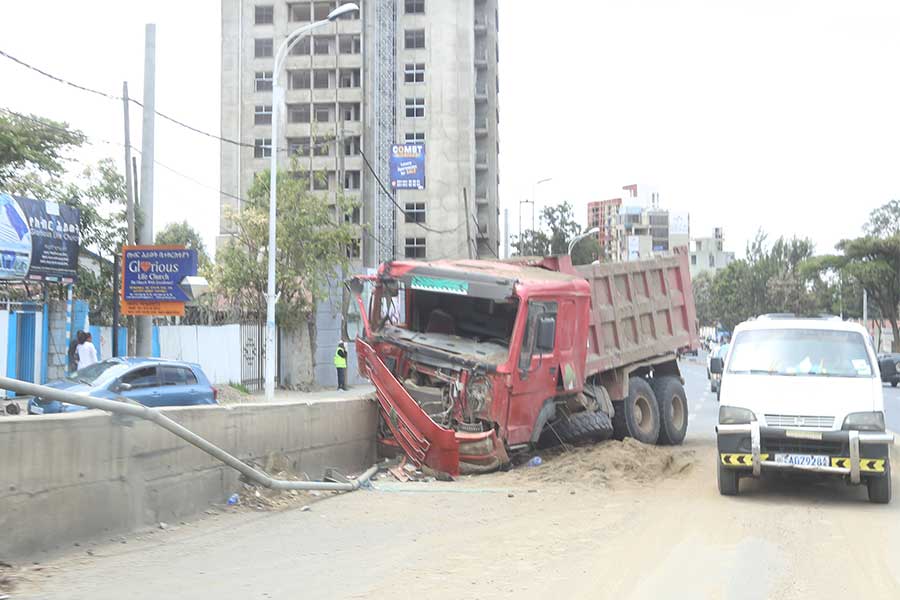
Radar | Apr 17,2020
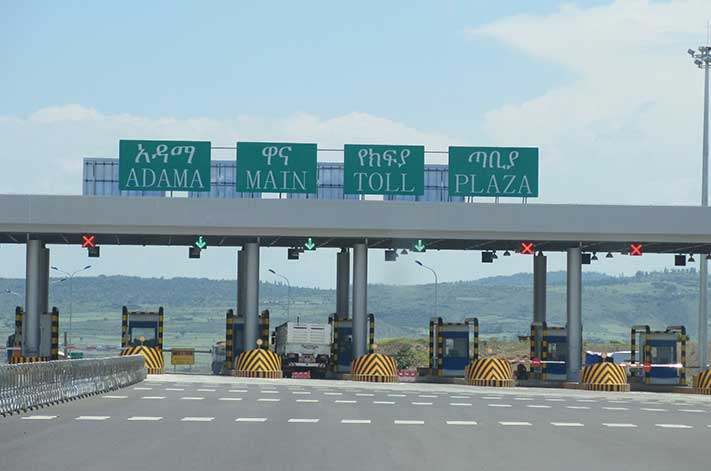
Fortune News | Oct 19,2019
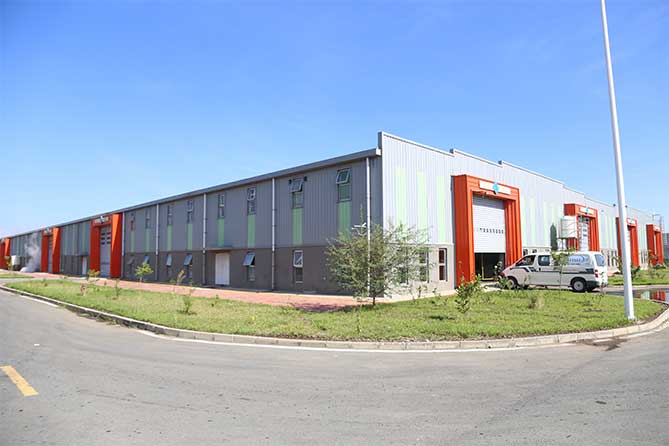
Fortune News | Apr 04,2020
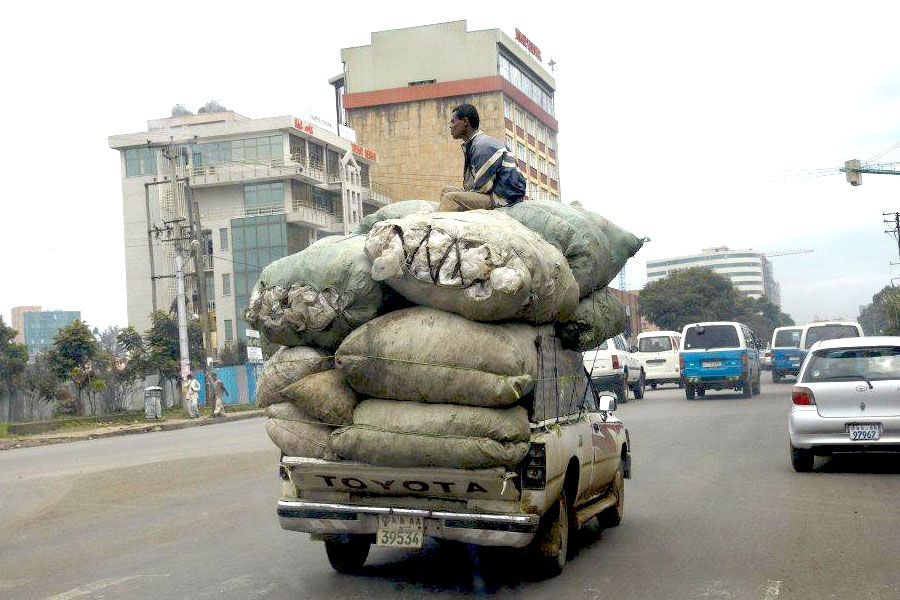
Fortune News | May 25,2024

Fortune News | Jun 15,2019

Dec 22 , 2024 . By TIZITA SHEWAFERAW
Charged with transforming colossal state-owned enterprises into modern and competitiv...

Aug 18 , 2024 . By AKSAH ITALO
Although predictable Yonas Zerihun's job in the ride-hailing service is not immune to...

Jul 28 , 2024 . By TIZITA SHEWAFERAW
Unhabitual, perhaps too many, Samuel Gebreyohannes, 38, used to occasionally enjoy a couple of beers at breakfast. However, he recently swit...

Jul 13 , 2024 . By AKSAH ITALO
Investors who rely on tractors, trucks, and field vehicles for commuting, transporting commodities, and f...

Oct 11 , 2025
Ladislas Farago, a roving Associated Press (AP) correspondent, arrived in Ethiopia in...

Oct 4 , 2025
Eyob Tekalegn (PhD) had been in the Governor's chair for only weeks when, on Septembe...

Sep 27 , 2025
Four years into an experiment with “shock therapy” in education, the national moo...

Sep 20 , 2025
Getachew Reda's return to the national stage was always going to stir attention. Once...